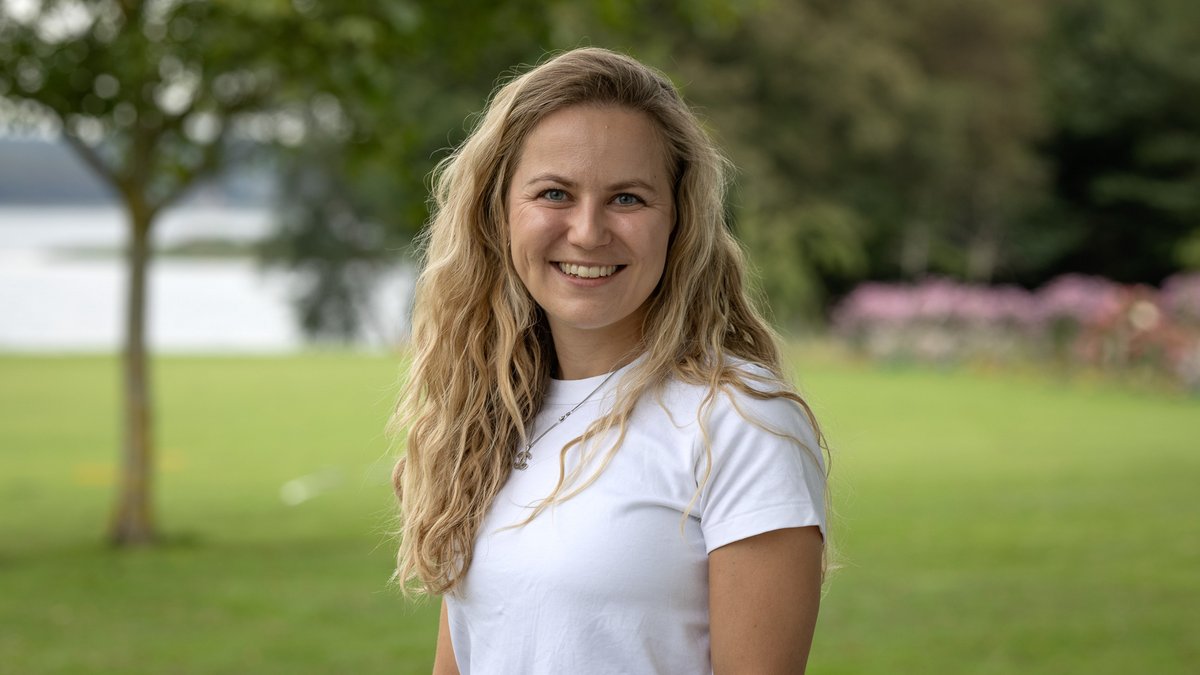Laura Amalie Rytoft - PhD Scholarship 2025
Project summary:
The Natural History of Coronary Microvascular Dysfunction: A 10-year Follow Up of iPower
What happens to women with coronary microvascular dysfunction (CMD) after 10 years? We believe CMD worsens over time, driven by inflammation, and is linked to heart failure with preserved ejection fraction and impaired function of the brain and kidneys. This follow-up study will track disease progression and its systemic effects. Findings may shape future prevention and treatment of CMD.
Project Title
The Natural History of Coronary Microvascular Dysfunction: A 10-year Follow Up of iPower
Background
CMD affects the small blood vessels of the heart and leads to reduced blood flow. It’s a common but often overlooked cause of chest pain, especially in women whose heart vessels show no blockages. Ten years ago, the iPower study examined 1,853 women and linked CMD to ongoing chest pain and reduced quality of life, but we still know little about how it develops or affects the rest of the body over time.
Aim
The aim of this study is to explore how CMD has progressed over 10 years and whether it’s associated with heart failure with preserved ejection fraction, inflammation, and broader effects on the body, particularly reduced blood flow in the brain and impaired kidney function.
Methods
The study uses a prospective, longitudinal design with 3 parts: 1) Registry-based follow-up of the original iPower cohort using national registries; 2) Surveys evaluating ongoing angina symptoms and quality of life in the original iPower cohort; 3) Clinical reassessment of 200 women, including repeat non-invasive blood flow measurements, cardiac CT, blood and urine testing. A smaller group of 60 women will also undergo advanced imaging of the heart, brain and blood vessels.

Laura Amalie Rytoft
- MD
- University of Copenhagen
Main supervisor:
Professor Eva Irene Bossano Prescott, Dept. of Cardiology; Bispebjerg and Frederiksberg Hospital, Copenhagen, Denmark
Co-supervisors:
Professor Rasmus Ripa, Dept. of Clinical Physiology and Nuclear Medicine; Bispebjerg and Frederiksberg Hospital, Copenhagen, Denmark
Lisbeth Marner, Associate Professor, MD, DMSc, Dept. of Clinical Physiology and Nuclear Medicine; Herlev and Gentofte Hospital, Copenhagen, Denmark
Professor Jens Hove, Dept. of Cardiology; Hvidovre Hospital, Copenhagen, Denmark
Naja Dam Mygind, MD, PhD, Dept. of Cardiology; Bispebjerg and Frederiksberg Hospital, Copenhagen, Denmark